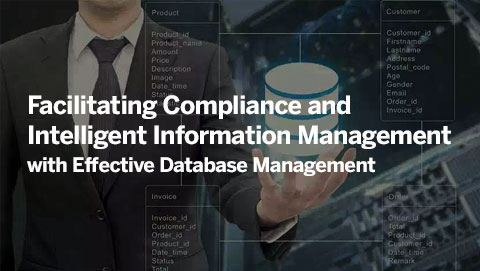PIPL China
What is PIPL of China?
The Personal Information Protection Law (PIPL) is a comprehensive regulation governing organizations’ processing of personal information in China. It aims to safeguard individuals’ data privacy rights and promote responsible handling of personal data. It mandates transparency, consent, and accountability in data processing practices and imposes strict requirements on organizations to ensure the lawful and secure processing of personal information.
Overview of PIPL
- Law: Personal Information Protection Law
- Region: China
- Signed into Law: 01-11-2021
- Industry: All industries that do business in China
Personal Data Under The PIPL
The PIPL broadly defines “personal information” as any data that can identify a person. This encompasses many data points, including names, phone numbers, email addresses, medical information, financial information, location data, and browsing history.
Data Protection Principles
The PIPL adheres to several core data protection principles, including:
- Accuracy: Personal information must be accurate and up-to-date.
- Accountability: Organizations are accountable for ensuring compliance with the PIPL.
- Purpose Limitation: Personal information must be collected for specific, legitimate purposes and used only for those purposes.
- Data Minimization: Organizations should collect and process only the minimum personal information necessary for the stated purposes.
- Transparency: Organizations must maintain transparency regarding their data collection methods and secure informed consent from individuals.
- Security: Organizations must implement appropriate technical and organizational measures to protect personal information from unauthorized access, disclosure, alteration, or destruction.
Rights Under PIPL of China
Under the act, individuals possess several rights concerning their data. These include the right to be informed about the usage of their data, access to their data for review and correction, the ability to request the deletion of their data, and the right to revoke consent for data processing.
Who Needs to Comply?
The Personal Information Protection Law (PIPL) has a broad reach and applies to any organization that fulfills at least one of these criteria:
- Location of Organization: Organizations located in China that process the personal information of individuals in China must comply with the PIPL. This applies to all businesses, regardless of size or industry.
- Location of Individuals: Even foreign companies operating outside China must comply with the PIPL if they process the personal information of individuals in China. This includes companies offering goods or services to individuals in China, even if their servers are located elsewhere.
Noncompliance Fines
The PIPL imposes hefty fines for non-compliance. Here’s a breakdown:
- Organizations: Fines can reach up to RMB 50 million (approximately USD 7.8 million) or 5% of the organization’s annual revenue from the prior year, whichever is higher.
- Individuals: Responsible individuals within non-compliant organizations can face fines ranging from RMB 100,000 (approximately USD 15,600) to RMB 1 million (approximately USD 156,000).
Compliance Authority for PIPL of China
The Cyberspace Administration of China (CAC) is the primary regulatory authority overseeing compliance with PIPL. It can conduct investigations, impose penalties, and supervise organizations’ implementation of data protection measures.
In conclusion, China’s Personal Information Protection Law (PIPL) sets stringent regulations to safeguard individuals’ data and holds organizations accountable for their data processing practices. To comply with PIPL, organizations must implement robust data protection measures, obtain consent, and prioritize individuals’ privacy and data security rights.
FAQ
Does PIPL regulate cross-border data transfers?
Yes, PIPL imposes strict regulations on cross-border data transfers, requiring organizations to obtain consent and undergo security assessments before transferring personal information outside China.
Are there any exemptions for small businesses under PIPL?
No, PIPL does not provide specific exemptions for small businesses. Regardless of size, all organizations must comply with its provisions regarding processing personal information.
Does PIPL apply to non-digital forms of personal data?
Yes, PIPL applies to all forms of personal data, whether processed electronically or in non-digital formats, as long as it pertains to individuals within China’s jurisdiction.





